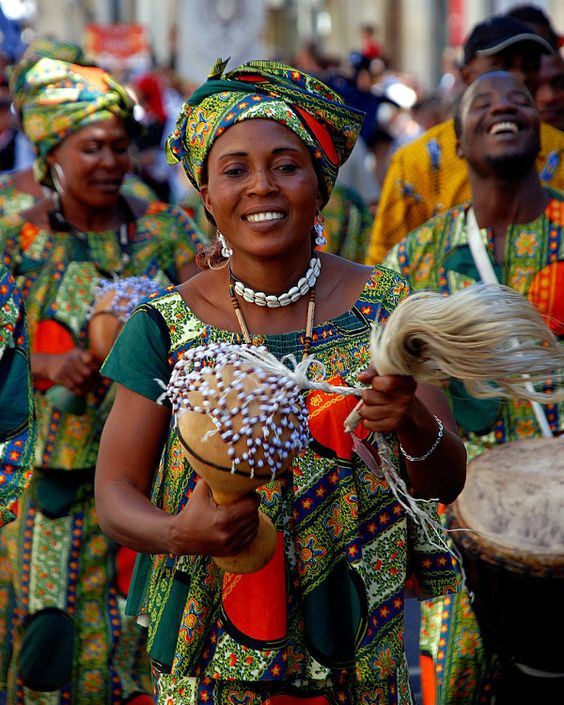
Traditional African religion, like most other ancient traditions around the world, were based on oral traditions.
African Booth
Traditional African religion, like most other ancient traditions around the world, were based on oral traditions. These traditions are not religious principles but a cultural identity that is passed on through stories, myths and tales, from one generation to the next.
The community and one’s family but also the environment, plays an important role in one’s personal life. Followers believe in the guidance of their ancestors spirits. Among many traditional African religions, there are spiritual leaders and priests these persons are essential in the spiritual and religious survival of these communities.
Also read: African Tribes: Five African Tribes’ Unusual Cultural Practices
There are mystics that are responsible for healing and ‘divining’ – a kind of fortune telling and counseling, similar to shamans. These traditional healers have to be called by ancestors or gods. They undergo strict training and learn many necessary skills, including how to use natural herbs for healing and other, more mystical skills, like the finding of a hidden object without knowing where it is.
Traditional African religion believe that ancestors maintain a spiritual connection with their living relatives. Most ancestral spirits are generally good and kind. Negative actions taken by ancestral spirits is to cause minor illnesses to warn people that they have gotten onto the wrong path.
Native African religions are centered on ancestor worship, the belief in a spirit world, supernatural beings and free will (unlike the later developed concept of faith). Deceased humans (and animals or important objects) still exist in the spirit world and can influence or interact with the physical world.
Forms of polytheism was widespread in most of ancient African and other regions of the world, before the introduction of Islam, Christianity, and Judaism. An exception was the short-lived monotheistic religion created by Pharaoh Akhenaten, who made it mandatory to pray to his personal god Aten (Atenism).
This remarkable change to traditional Egyptian religion was however reverted by his youngest son, Tutankhamun. High gods, along with other more specialized deities, ancestor spirits, territorial spirits, and beings, are a common theme among traditional African religions, highlighting the complex and advanced culture of ancient Africa.
Some research suggests that certain monotheistic concepts, such as the belief in a high god or force (next to many other gods, deities and spirits, sometimes seen as intermediaries between humans and the creator) were present within Africa, before the introduction of Abrahamic religions. These indigenous concepts were different from the monotheism found in Abrahamic religions.
CREDIT: AZANIA ARISE
_____________
Courtesy: African Booth (Reproduced with consent of African Booth